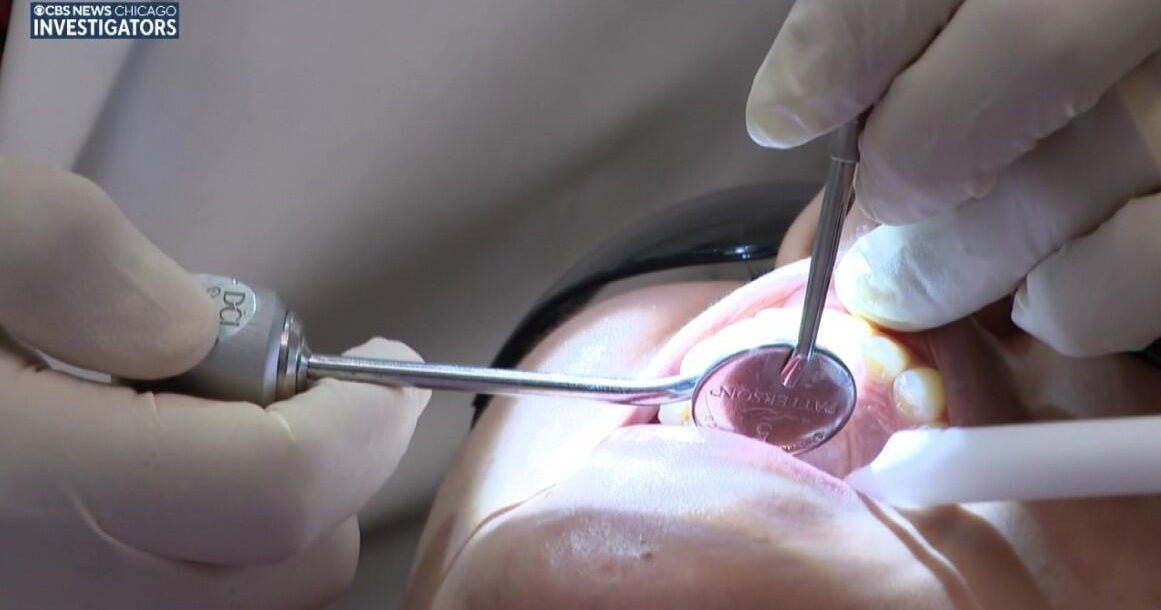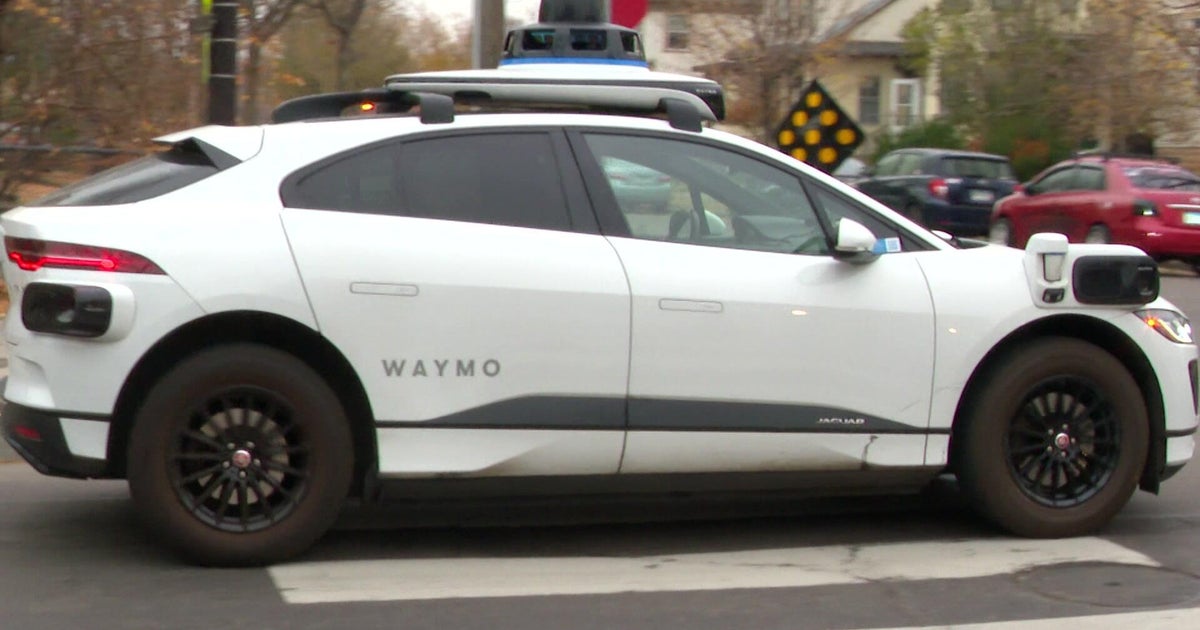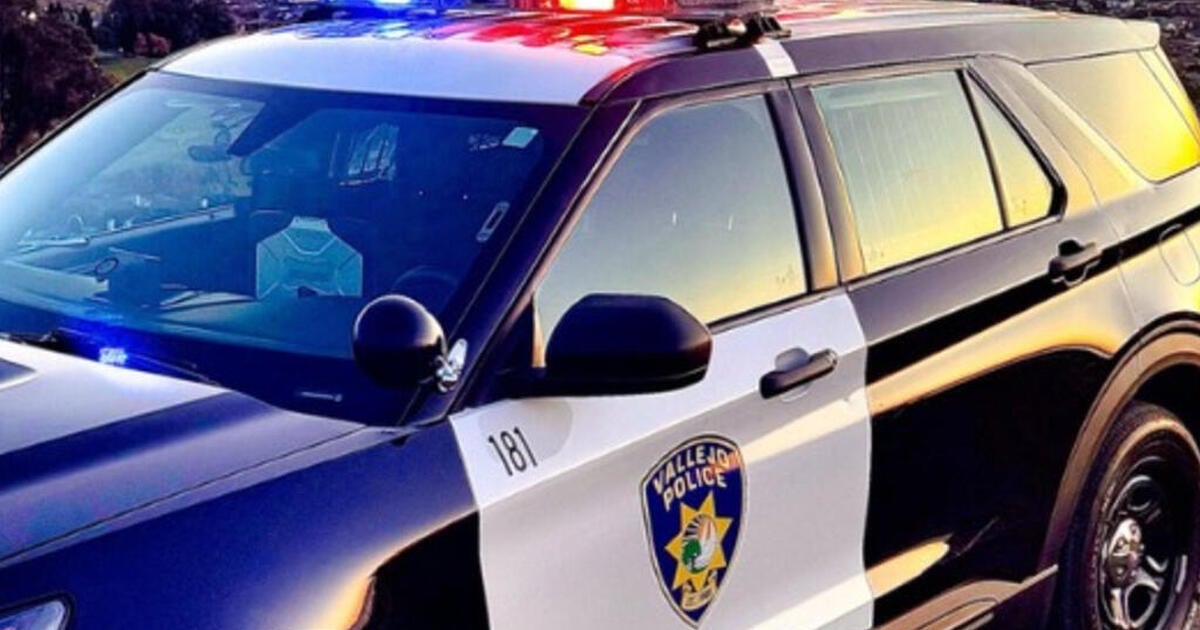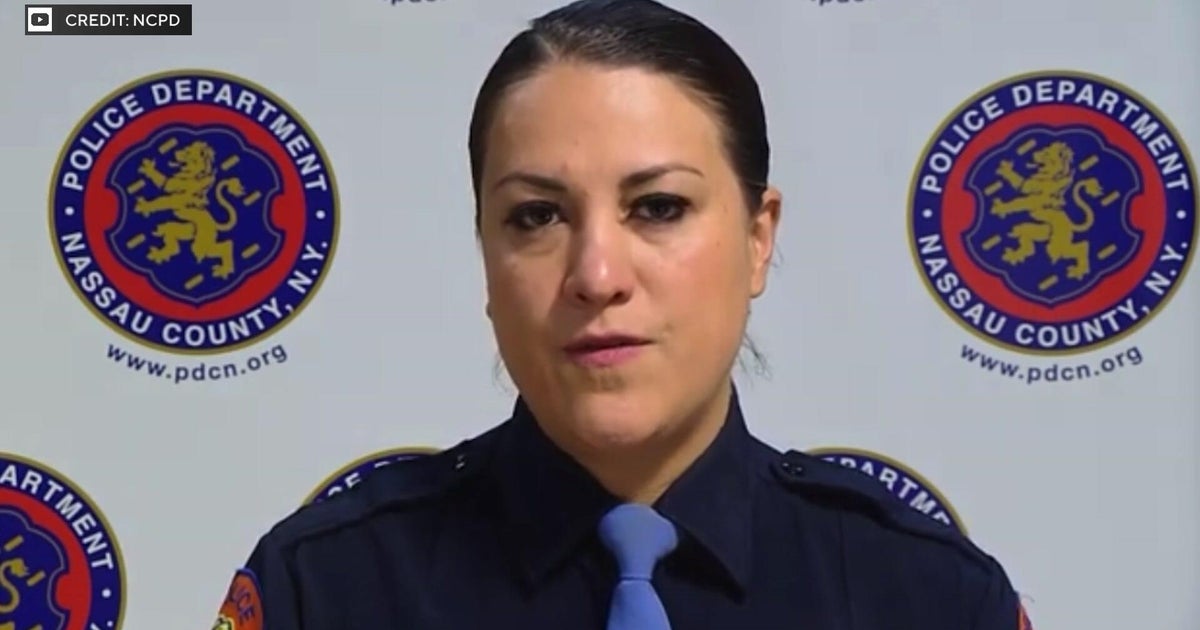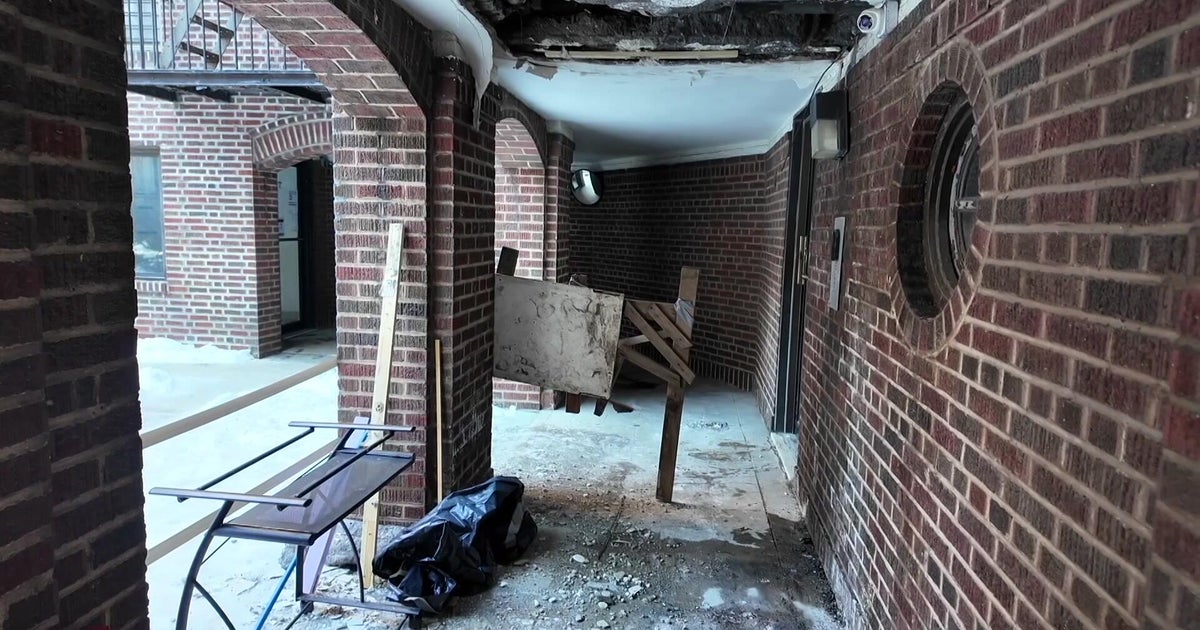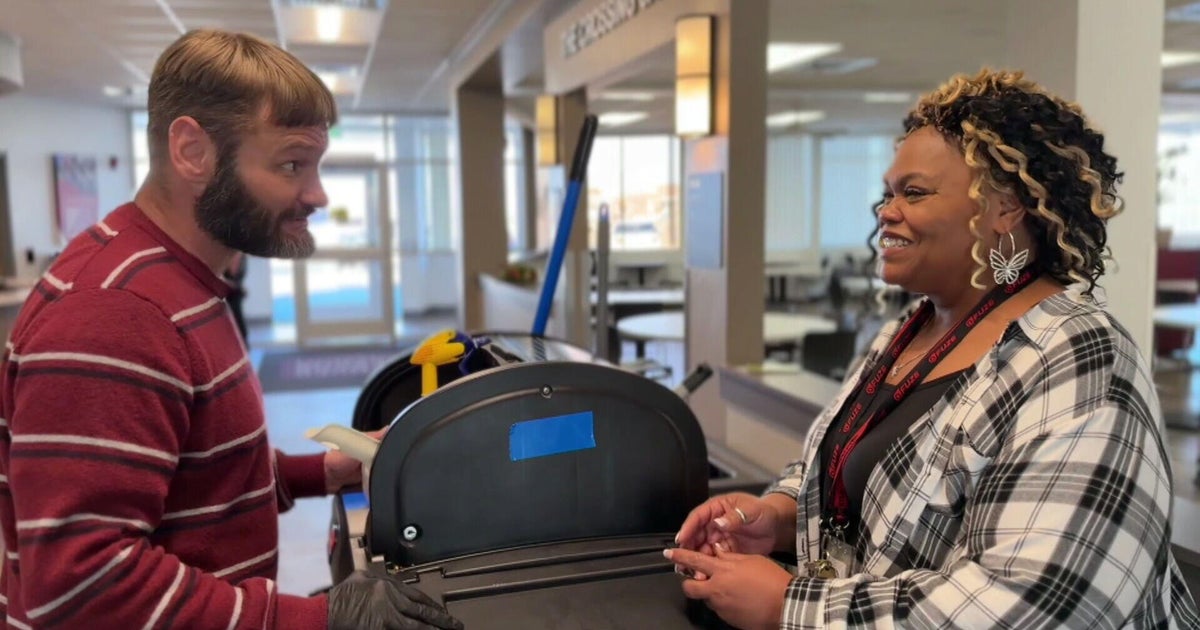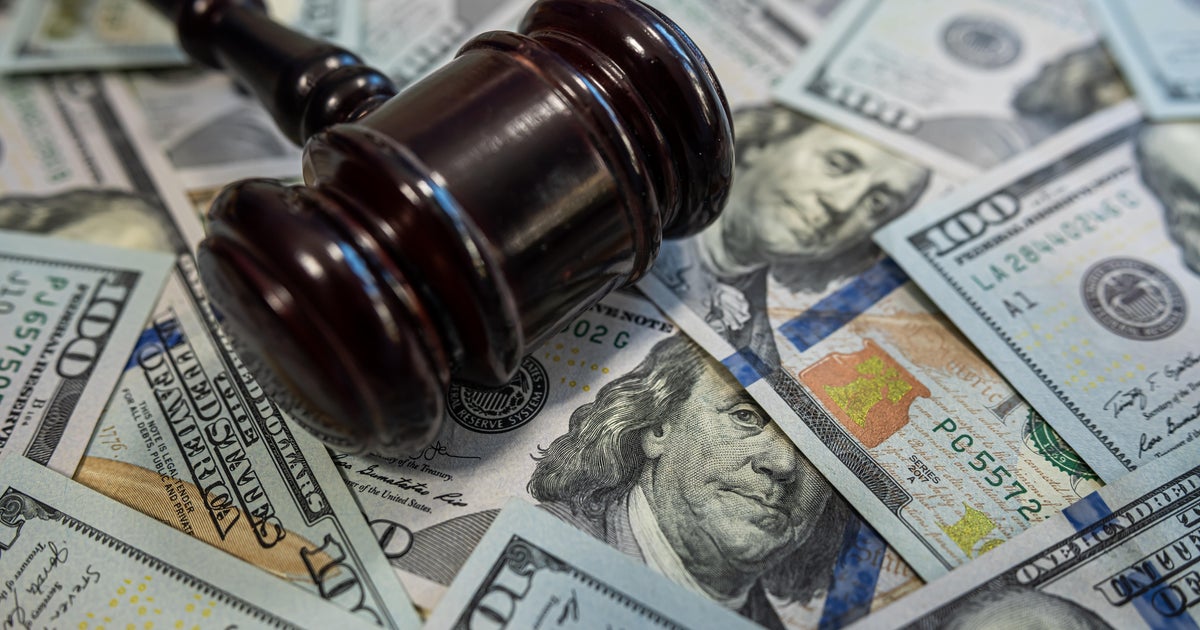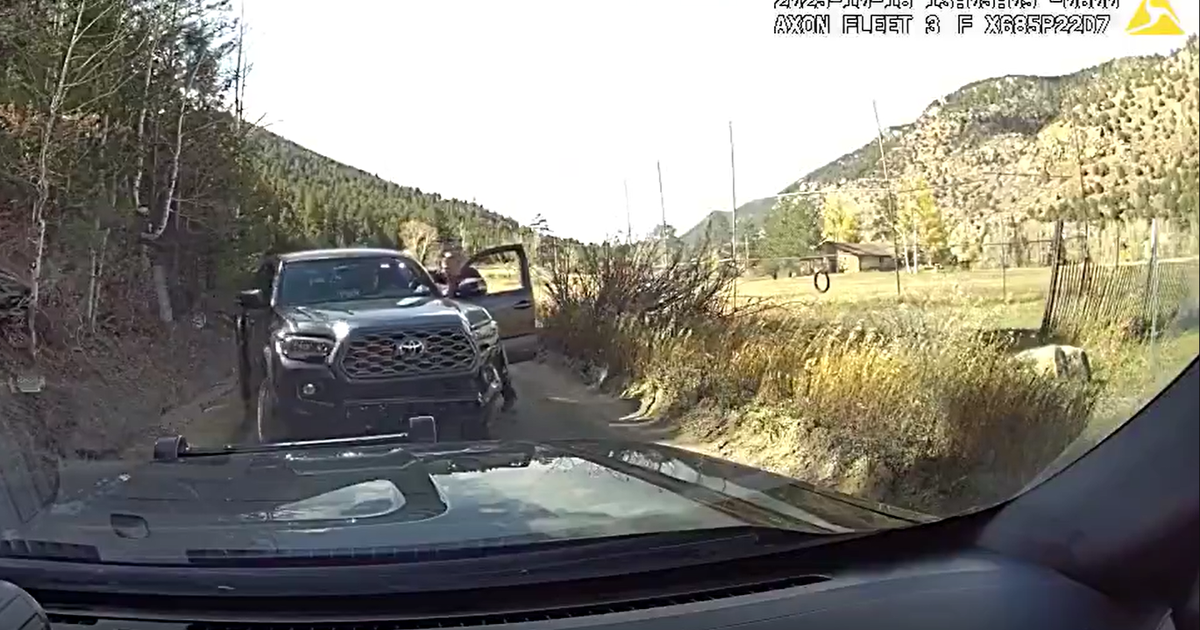Illinois solar power program under scrutiny after contractor is accused of fraud
CHICAGO (CBS) -- Every month, fees are charged to your electricity bill for a renewable energy program run by the State.
The money is supposed to go to Illinois residents who invest in solar panels. It's an incentive.
CBS 2 showed you on Monday how some people's energy savings are zapped after a contractor took off with their incentive money.
Now, CBS 2's Lauren Victory is asking the State about possible loopholes in its program design.
"Just to recap, I actually like the concept behind this program," said Sunil D'Souza.
Bill Meyer agrees. Both men invested in solar panels a few years ago and are pleased to see their energy bills drop while also feeling good about reducing Illinois' carbon footprint.
They'd be poster children for solar energy, if they hadn't been burned.
"A lot of these companies are able to sell the idea to someone who maybe would go, 'I can't afford solar.' 'Well, yes you can. You're gonna get this money. Maybe,'" said Meyer with a wink and some sarcasm.
The snark stems from a frustrating experience both property owners had with a state-run incentive program called "Illinois Shines."
Both men spent years chasing down thousands of dollars in state incentive money owed to them. The money was collected from all of us through the Renewable Portfolio Standard fee that is found on power bills. Electricity payers' cash goes into a pot that is doled out to people who invest in solar energy equipment.
"Instead of paying it [incentive money] directly to us, it was issued to the contractor who did the solar installation," said D'Souza. He and CBS 2 confirmed with the State that that process was done correctly: vendors are issued incentive payments, then they pass it onto a consumer.
But one contractor, Eco-Solar Solutions, kept D'Souza's $15,817 and ran off with Meyer's $13,059.80.
"Not including a thousand dollars of legal fees," said Meyer who has been fighting for his money since 2021. He's had to resort to hiring a lawyer because the Illinois Power Agency, the government office that gets $40 million to run solar programs like "Illinois Shines," doesn't have any legal power to compel the contractor to give the money back.
In an email from a state employee handing "Illinois Shines" consumer complaints, Meyer was told the Illinois Power Agency is "unable to assist" with this "contractual matter."
Victory: "Why has the State's response been so frustrating for you?"
Meyer: "Because they're pushing the program."
"Illinois Shines" is responsible for 40,000 solar projects and counting since 2019. That's a lot of happy customers paving a path for our State's renewable energy future. Even so, CBS 2 did find more than 650 complaints against state-approved contractors have come in in just four years. Nearly 70 of the claims reference a problem with "Illinois Shines" incentive money.
"They organized the structure of how these payments were supposed to be made, and yet they don't want to seem to take responsibility for all the people that were defrauded," said D'Souza. He was also told by the State to handle his missing money claim civilly and on his own dime.
Why can't the solar panel customer receive their incentive money directly? The Illinois Power Agency is two blocks from CBS 2. We asked for an interview multiple times to answer that simple question. In the end, we were told an on-camera interview boiled down to soundbites might confuse consumers because the system for payouts is complicated.
Instead of appearing on camera, Illinois Power Agency higher-ups sent CBS 2 several emails trying to explain the complexities of why a middleman is needed. Many paragraphs were filled with technical terms. We've included a full write-up from the Illinois Power Agency at the end of this article.
CBS 2 pressed further to be able to simplify the answer for D'Souza, Meyer and future solar panel investors.
"They never should have set up a program like this so that a third party like the contractor could get all that money, and then they're responsible for paying us," D'Souza told CBS 2.
Meyer added, "Zero understanding as to why the program would be set up this way. Zero."
In our communications with the State, CBS 2 pointed to Illinois electric car rebates that were mailed right to the buyer. Why not take that approach, we asked. The State's answer, to paraphrase, is that "Illinois Shines" incentive payments are made through something called Solar Energy Renewable Credits (SRECs) and those are more complicated than electric car rebates.
"Illinois Shines" incentive money (SRECs) are paid out with strings attached via a contract that stipulates solar panels need to produce a certain amount for several years. Collateral is taken if equipment underperforms. There's lots of paperwork, meticulous tracking, and technical know-how involved too.
It's a load that makes more sense to put on a solar company than a single consumer, according to the Illinois Power Agency. We're told the system is so complex that some smaller solar companies hire larger firms to handle contracts involving SRECs.
Again, the State's preferred setup means trusting a contractor will pass money to the customer.
Eco-Solar Solutions, the company that stiffed Meyer and D'Souza, is one of 18 solar installers currently suspended from the program for various reasons. The Illinois Power Agency publicizes the disciplinary actions it takes against approved vendors.
"If they can't guarantee that the individuals are going to get their rebates, I would actually strongly advise anyone looking to go solar to hold off on doing it," said D'Souza, who again, is glad he installed solar panels but frustrated he's not anywhere close to breaking even on his investment like he planned. "I'm not going to be happy until I recover that money. It's just a matter of principle."
One solution under consideration by the Illinois Power Agency: create a customer restitution fund. That could better protect consumers and increase confidence in solar panel incentive programs. Paying for a customer restitution fund might require a change to state law.
CBS 2 consulted several industry experts for this story. All of them strongly support investing in solar energy but encourage consumers to vet multiple contractors before signing any paperwork.
Pawel Szezesny, the owner of Eco-Solar Solutions, began to pay D'Souza back in 2022 but stopped for months. Then, the same day that CBS 2 knocked on Szezesny's door as part of our reporting, Szezesny dropped off a $340 money order to D'Souza. Later that week, Szezesny made a $500 Zelle payment to Meyer and reached out to other upset customers that CBS2 is in contact with. Szezesny still owes people tens of thousands of dollars and an explanation as to why he pocketed incentive money.
Szezesny refused an on-camera interview with CBS 2 but in an email told us, "I deeply apologize to clients," and called the issue "disheartening," and promised he's in the "process of repaying" former customers.
The Illinois Attorney General's Office confirms it is investigating Szezesny and Eco-Solar Solutions. At least 12 complaints against the now-defunct company were filed with the AG's office between 2017 and 2021.
